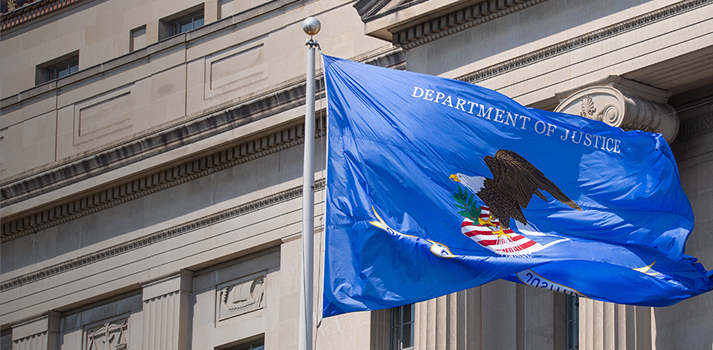Under fire, Cyprus insists it does not oppose sanctions against Belarus but wants similar measures levied on Turkey for its illegal activity in the eastern Mediterranean.
Nicosia has caused disunity in the EU ranks after blocking sanctions against Minsk over Belarus’ disputed presidential election outcome.
Cyprus argues Brussels cannot pick and choose what actions to take when the EU’s core values and principles were violated.
Greek Prime Minister Kyriakos Mitsotakis gave Cyprus President Nicos Anastasiades Greece’s “full solidarity and support” for Nicosia’s position at the EU Foreign Affairs Council earlier this week.
Foreign Minister Nikos Christodoulides told Euronews Cyprus first wanted sanctions placed on Turkey for Ankara’s “unauthorised drilling activities in the Eastern Mediterranean”.
“The Republic of Cyprus supports and does not raise the issue of veto or anything else regarding Belarus,” said Christodoulides.
“There is no way we are against the adoption of measures against the regime in Belarus.”
The Baltic country Lithuania expressed disappointment at Cyprus’ veto.
Its Foreign Minister Linas Linkevicius said failure to agree on sanctions “undermines credibility and democratic values.”
He also warned Cyprus “not to link things that must not be linked.”
Latvian Foreign Minister Edgars Rinkevics tweeted: “Sends a wrong signal to Belarusians, our societies and the whole world.”
A Greek-Turkish naval standoff began last month when Turkish research and drillships began searching for energy reserves in waters where Greece and Cyprus claim exclusive rights.
The crisis prompted Greece to announce a major new arms shopping spree, including French fighter jets and new frigates.
Turkey, which doesn’t recognize Cyprus, says it has every right to prospect for oil and gas in those waters and won’t accept being “hemmed in” by Greek and Cypriot claims.
She said in some foreign policy matters decisions should be taken by a qualified majority and not by unanimity as is the case now.
By changing the rules, smaller countries like Cyprus could lose out.
“What will play the most important role in decision-making should be the European interest and not the national interest of some states,” Christodoulides told Euronews.
“If we do not first determine what the EU’s interest is, it will be very difficult for Cyprus and many other member states to agree to such a qualified majority decision making on foreign policy decisions.”
The EU summit to discuss possible sanctions on Belarus and Turkey has been postponed to 1-2 October.
An EU summit planned for 24 and 25 September has been postponed for a week after ex-Belgium prime minister Charles Michel went into coronavirus quarantine.
“Cyprus clearly achieved in Gymnich an agreement that Belarus sanctions and sanctions against persons because of the violation of sovereignty and the sovereign rights of Cyprus will go hand in hand.
What happened in Brussels was that Cyprus reminded the other Ministers of that agreement,” said Greek Foreign Minister Nikos Dendias on Tuesday.
He said Athens has not asked for sanctions.
“Greece has only asked for an options paper describing the sanctions that the EU would impose, in case Turkey insisted on violating the Greek continental shelf.” (source agencies)










